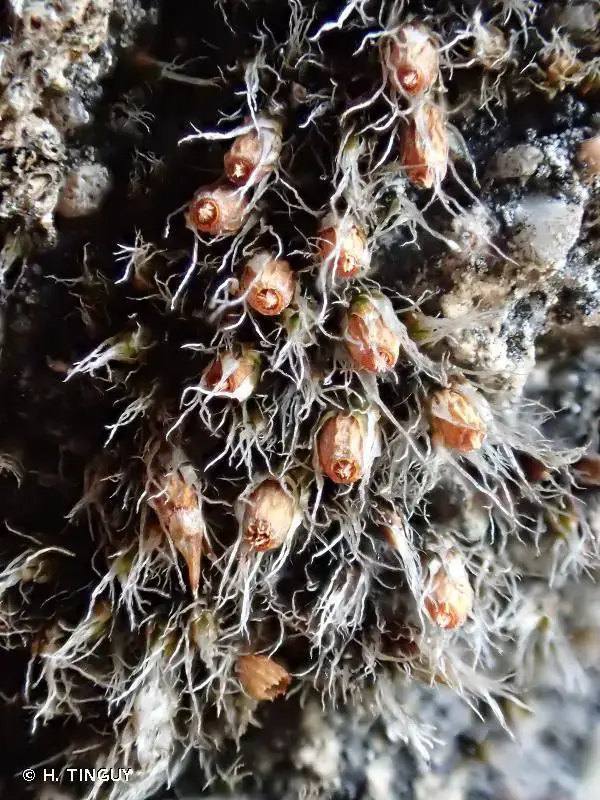
206187.jpg from: https://inpn.mnhn.fr/espece/cd_nom/5530
Introduction
In the vast and captivating world of bryophytes, the Grimmia crinita Brid. moss stands out as a true marvel. Belonging to the Grimmiaceae
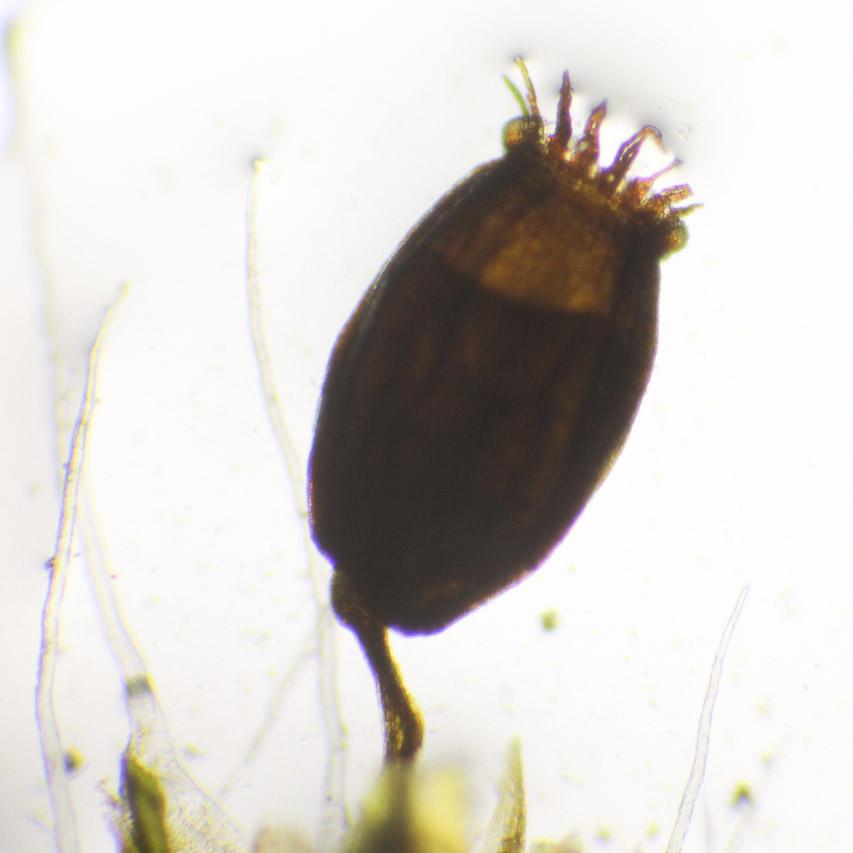
capsule.jpg from: https://www.britishbryologicalsociety.org.uk/learning/species-finder/grimmia-crinita/
family, this unassuming yet resilient species has captured the hearts of moss enthusiasts worldwide. Let’s delve into the fascinating realm of this remarkable
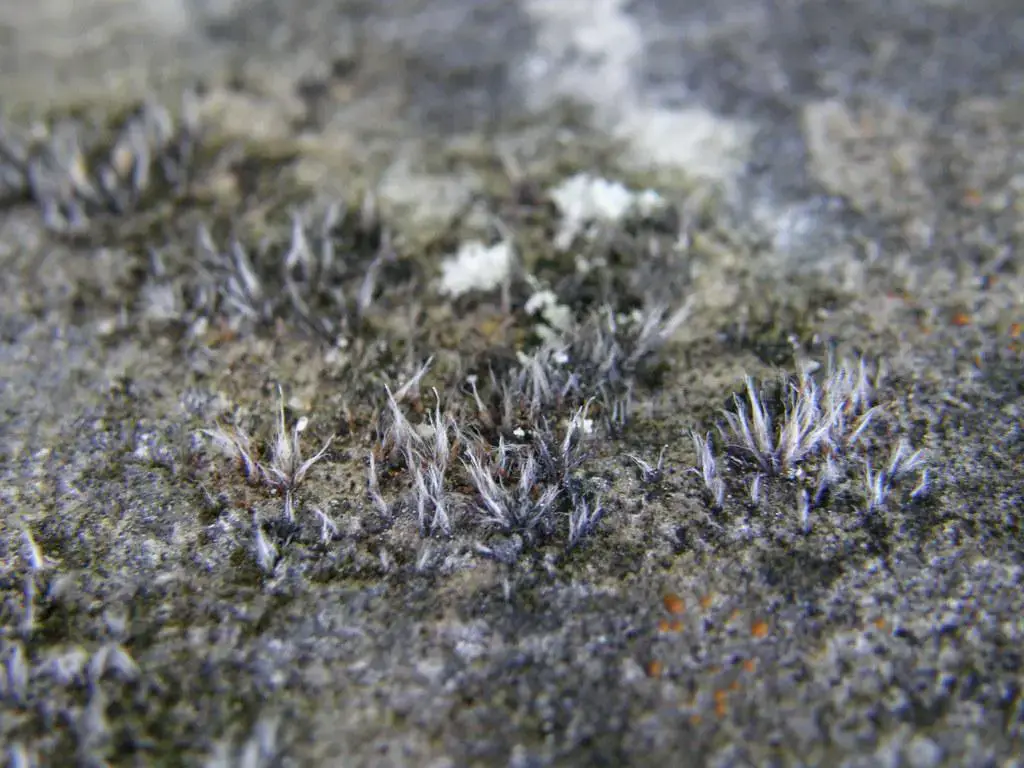
51767616082_1e252206e9_b.jpg from: https://www.flickr.com/photos/141335528@N07/51767616082
moss, exploring its unique characteristics, global distribution, and ecological significance.
Background
Before we dive into the intricacies of Grimmia crinita Brid., it’s essential to understand the broader context of bryophytes. These non-vascular plants, which include mosses, liverworts, and hornworts, are often overlooked but play a crucial role in various ecosystems. They are among the oldest land plants on Earth, dating back to the Paleozoic era, and have adapted to thrive in diverse environments.
Main Content
Morphology and Identification
Grimmia crinita Brid., commonly known as Grimmia, is a small acrocarpous moss that forms dense cushions or tufts. Its leaves are lanceolate, with a distinctive hair-like awn at the tip, giving it a distinctive appearance. The crinita
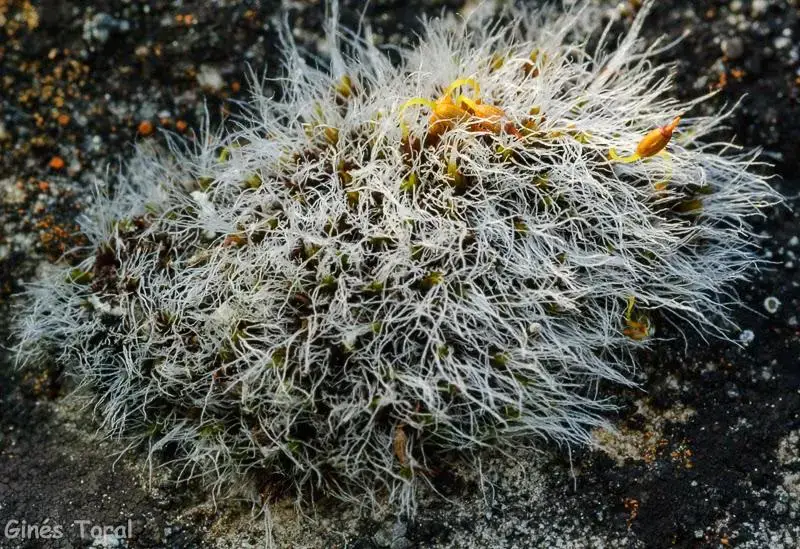
07-04-30-02.jpg from: https://remontandolapedrera.blogspot.com/2014/01/grimmia-crinita.html
in its scientific name refers to this hairy or fringed characteristic. The leaves are also keeled, meaning they have a prominent midrib that creates a ridge along the leaf’s length.
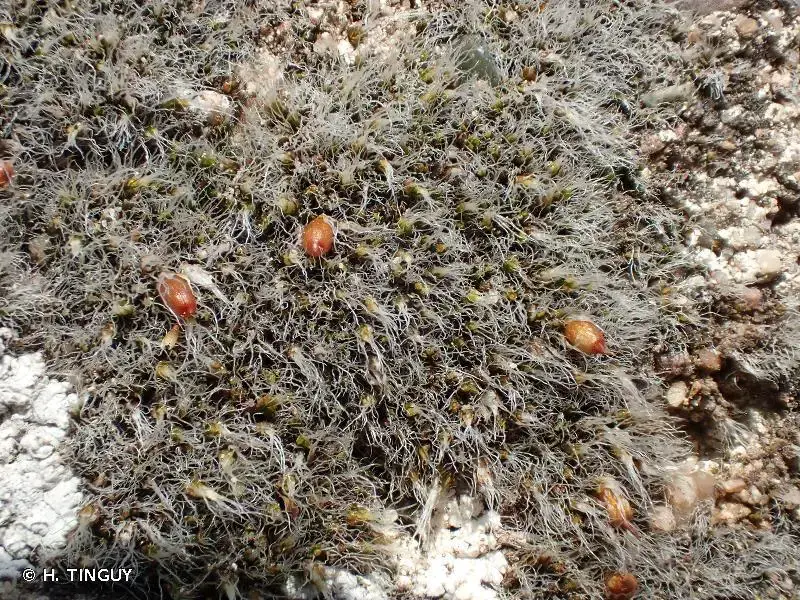
220555.jpg from: https://inpn.mnhn.fr/espece/cd_nom/5530/tab/archeo
Global Distribution and Habitat
Grimmia crinita Brid. is widely distributed across various regions, including Europe, Asia, North America, and parts of Africa. It thrives in a range of habitats, from rocky outcrops and cliffs to tree bark and even man-made structures like old walls and roofs. This moss is particularly well-adapted to dry and exposed environments, making it a true pioneer species.
Ecological Roles and Adaptations
Despite its diminutive size, Grimmia crinita Brid. plays a vital role in its ecosystems. It contributes to soil formation and moisture retention, creating microhabitats for other organisms. Additionally, this moss is known for its ability to tolerate desiccation, a remarkable adaptation that allows it to survive in arid conditions by entering a dormant state and reviving when moisture becomes available.
Case Studies/Examples
One fascinating example of
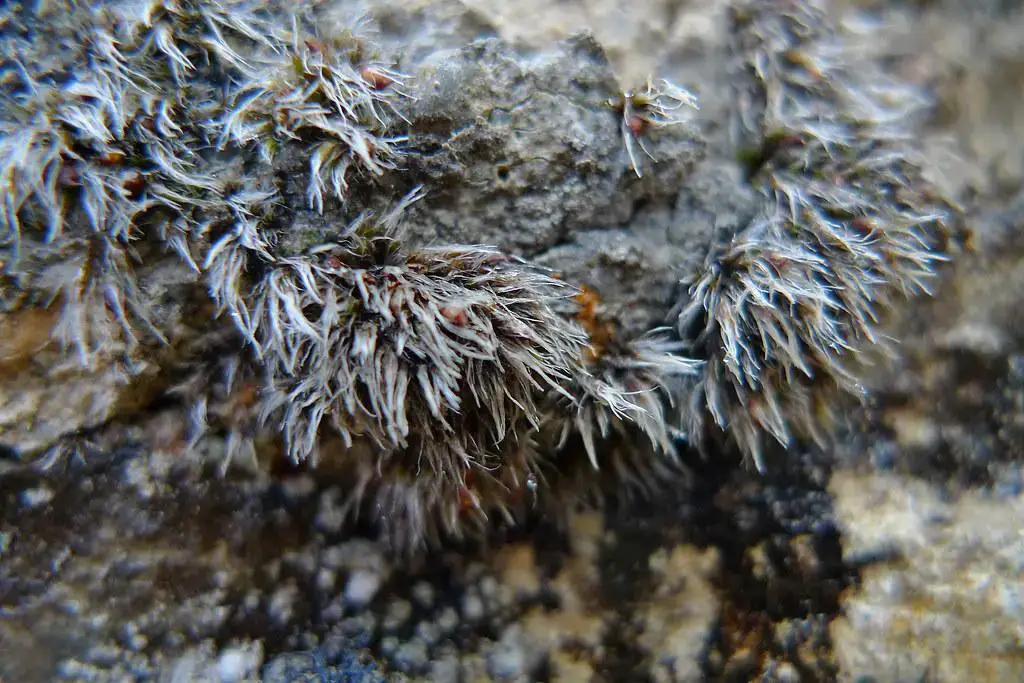
32780108627_315cba8e9f_b.jpg from: https://www.flickr.com/photos/146111897@N05/32780108627/
Grimmia crinita Brid.‘s resilience can be found in the Arctic regions. This moss has been observed growing on the exposed surfaces of rocks and boulders, withstanding the harsh conditions of the polar environment. Its ability to thrive in such extreme conditions has made it a subject of interest for researchers studying plant adaptations to climate change.
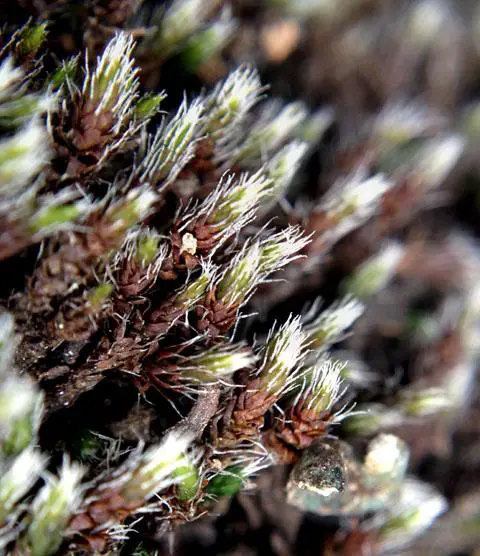
2.jpg from: https://nathistoc.bio.uci.edu/Mosses/Grimmia lisae/index.html
Technical Table
| Characteristic | Description |
|---|---|
| Family | Grimmiaceae |
| Genus | Grimmia |
| Species | crinita Brid. |
| Common Name | Grimmia |
| Growth Form | Dense cushions or tufts |
| Leaf Shape | Lanceolate with hair-like awn |
| Habitat | Rocky outcrops, cliffs, tree bark, man-made structures |
| Distribution | Europe, Asia, North America, parts of Africa |
Conclusion
The Grimmia crinita Brid. moss, a member of the Grimmiaceae family and part of the Bryophyta (mosses) and Bryopsida (true mosses) divisions, is a true testament to the resilience and adaptability of bryophytes. Its ability to thrive in harsh environments, contribute to ecosystem processes, and captivate moss enthusiasts worldwide makes it a fascinating subject of study and appreciation. As we continue to explore the intricate world of bryophytes, the Grimmia crinita Brid. serves as a reminder of the incredible diversity and importance of these often-overlooked organisms.
Leave the reader with a thought-provoking question or statement: In a world where we often overlook the smallest of creatures, what other wonders might we be missing in the intricate tapestry of life that surrounds us?